

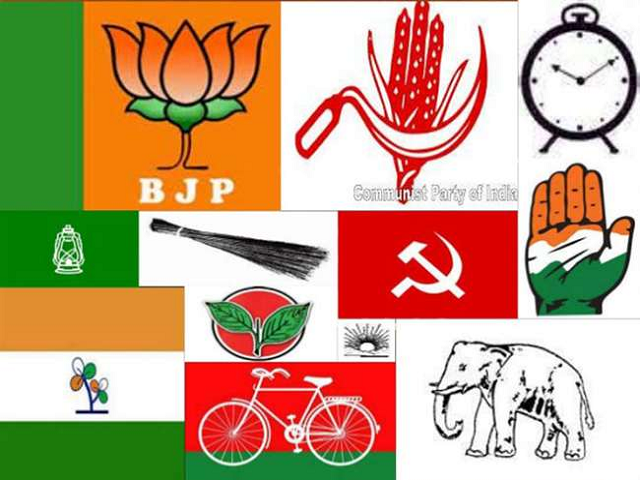
The Lok Sabha, the lower house of India's Parliament, is set to have a diverse representation with members from 41 different political parties. In a country with a complex political landscape and a vast and varied population, this composition reflects the pluralistic nature of Indian democracy. The dominance of the BJP and Congress, as well as the presence of regional and smaller parties, highlights the importance of coalition politics in India's government formation and legislative agendas. With 339 members between them, the BJP and Congress continue to hold significant sway in Indian politics.
Lok Sabha: A Reflection of India's Political Landscape
The Lok Sabha, the lower house of India's Parliament, is a vibrant and diverse body that represents the nation's political pluralism. With members from 41 different political parties, the Lok Sabha reflects the country's complex political landscape and its vast and varied population.
Dominance of the BJP and Congress
The Bharatiya Janata Party (BJP) and the Indian National Congress (INC), India's two largest political parties, have traditionally dominated the Lok Sabha. In the current term, the BJP holds a majority with 303 seats, while the INC is the main opposition party with 53 seats.
The BJP's dominance in the Lok Sabha has been attributed to its strong leadership under Prime Minister Narendra Modi, its focus on Hindu nationalism, and its ability to forge alliances with regional parties. The INC, on the other hand, has faced challenges due to internal divisions, lack of a clear ideology, and competition from regional parties.
Emergence of Regional Parties
In recent years, regional parties have played an increasingly important role in Indian politics. These parties, which represent specific regions or communities, have emerged as significant players in the formation of governments and the shaping of legislative agendas.
Some of the prominent regional parties include the All India Trinamool Congress (TMC), the Dravida Munnetra Kazhagam (DMK), the Telugu Desam Party (TDP), the Biju Janata Dal (BJD), and the Samajwadi Party (SP). These parties have been successful in catering to local aspirations and addressing regional concerns.
Importance of Coalition Politics
Given the fragmented nature of the Indian political system, coalition politics has become essential for government formation. Both the BJP and the INC rely on alliances with regional parties to secure a majority in the Lok Sabha.
Coalitions, however, can be fragile and subject to shifts in alliances. This has led to political instability and has made it difficult to implement long-term policies.
FAQs
1. What is the current composition of the Lok Sabha? Answer: The Lok Sabha has 545 elected members, including 543 from the states and 2 from the Union Territories. There are 41 political parties represented in the current term.
2. Who is the current Prime Minister of India? Answer: Narendra Modi has been the Prime Minister of India since 2014.
3. Which party holds the majority in the Lok Sabha? Answer: The Bharatiya Janata Party (BJP) holds a majority in the Lok Sabha with 303 seats.
4. What is the difference between the Lok Sabha and the Rajya Sabha? Answer: The Lok Sabha is the lower house of Parliament, while the Rajya Sabha is the upper house. The Lok Sabha has more power than the Rajya Sabha in matters of finance and legislation.
5. How often are elections held for the Lok Sabha? Answer: Elections for the Lok Sabha are held every five years, unless the President dissolves Parliament early.
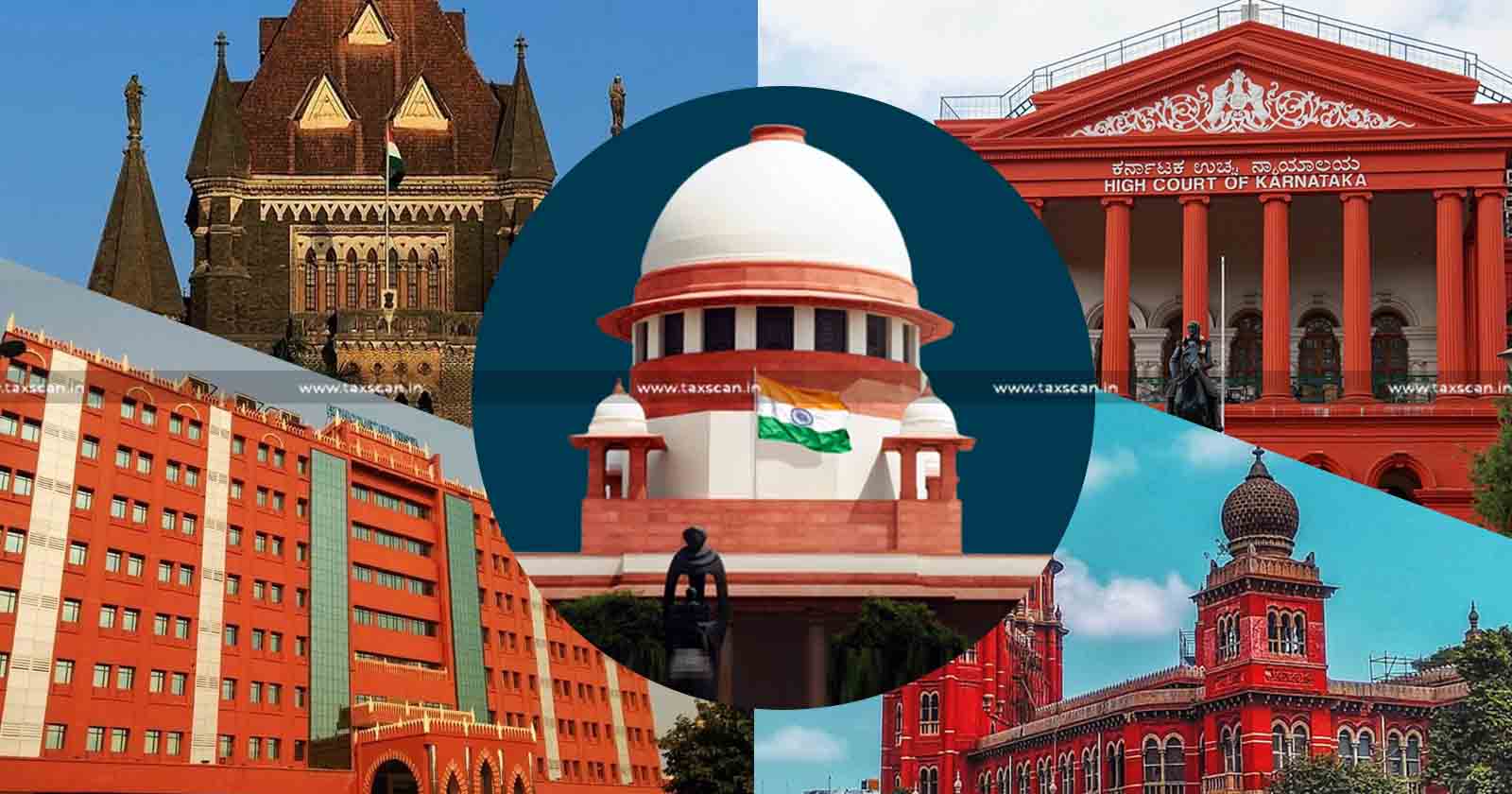
The 55th GST Council meeting in Jaisalmer resulted in a flood of demands for disaster-specific levy by several states, following a request from Andhra Pradesh for a 1% GST levy to fund their flood recovery efforts. A Group of Ministers has been formed to examine the legal and structural issues surrounding this proposal, which was discussed in detail during the council meeting. Finance Minister Nirmala Sitharaman stated that other states such as Uttar Pradesh, West Bengal, and Telangana have also expressed interest in being a part of the committee. The issue of a similar flood-cess levy by Kerala in 2019 was also brought up, with other states showing support for Andhra Pradesh's demand.
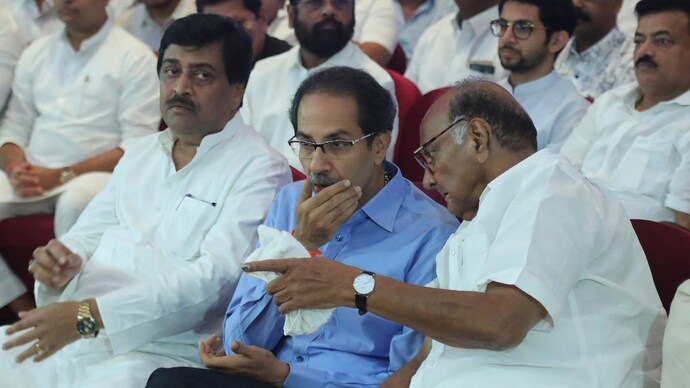
After highly anticipated negotiations, the Mahayuti alliance announced its cabinet portfolios for Maharashtra's ministers on Saturday evening. Highlights include CM Devendra Fadnavis retaining the Home Ministry and Eknath Shinde of the Shiv Sena receiving the Urban Development portfolio. This comes after the alliance dropped several leaders from its cabinet expansion. The winter session of the Maharashtra legislative assembly concluded today with six days of intense discussions and debates. Additional key meetings will take place today regarding the portfolio distribution for the new cabinet, with several key players vying for key positions.
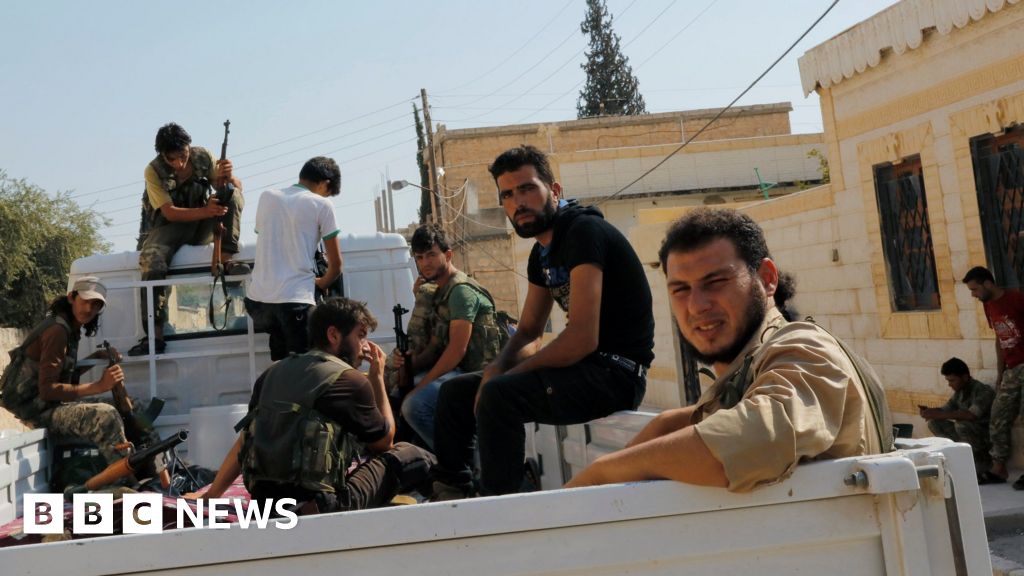
The Foreign Secretary has confirmed that the UK has had "diplomatic contact" with Hayat Tahrir al-Sham, the group responsible for overthrowing Syrian President Bashar-al Assad. This comes after a period of uncertainty about whether the UK should engage with HTS due to its designation as a terrorist organization. Despite its proscription, the UK maintains diplomatic contact with HTS as a necessary measure.
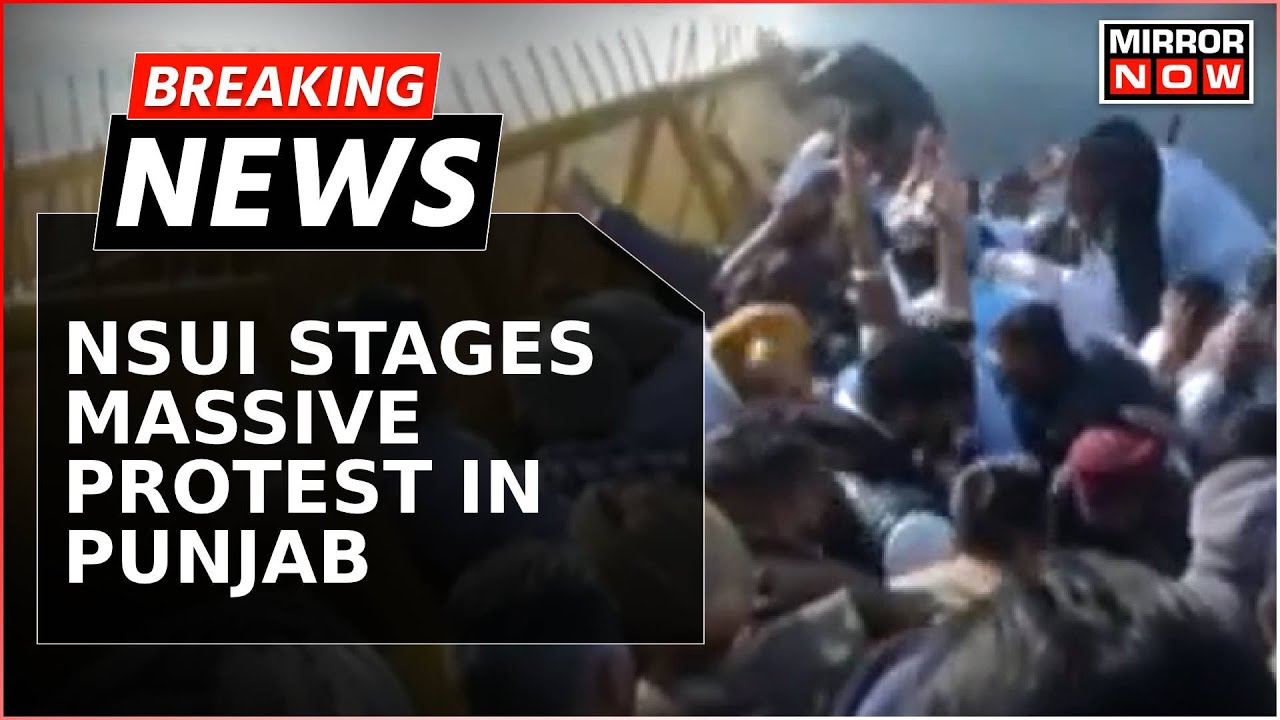
The National Students’ Union of India Punjab President, Isherpreet Singh Sidhu, strongly condemns the arrest of Aden Karanveer Singh by SHO Narinder for peacefully protesting for Senate Elections at the Panjab University Bachao Morcha. Sidhu highlights how such actions not only violate the democratic right to dissent but also lead to the loss of Punjab's bright minds and the creation of figures like Lawrence Bishnoi. He calls for immediate action against SHO Narinder and urges higher authorities to intervene and ensure justice for the students. Sidhu reaffirms NSUI Punjab's support for the students and their demand to be heard, respected, and empowered.
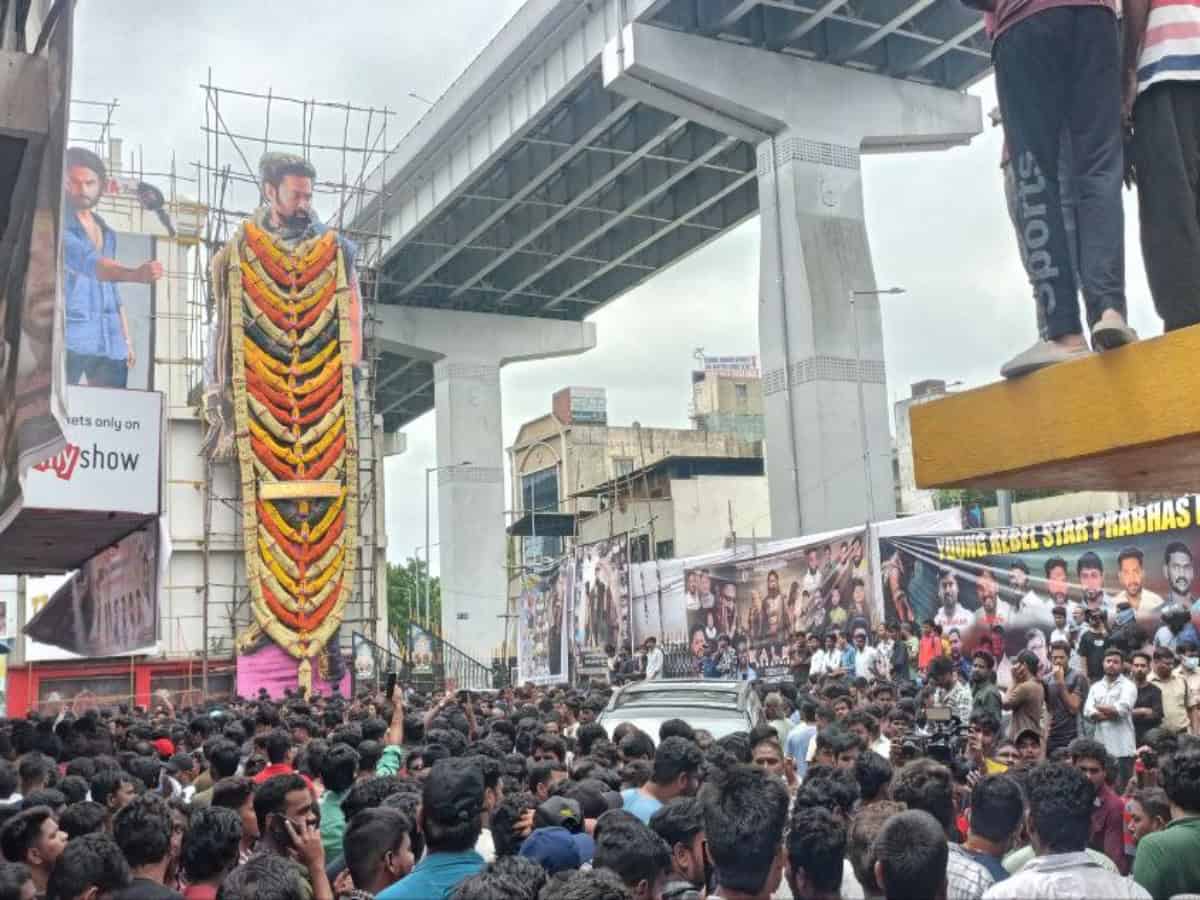
The Assembly was abuzz with discussions on the tragic Sandhya Theater stampede, with AIMIM floor leader Akbaruddin calling for a thorough investigation into the incident. He also criticized Allu Arjun for not visiting the hospital to meet the victims. CM Revanth Reddy assured that a comprehensive investigation would be conducted and necessary action would be taken in response to the incident.

Isherpreet Singh Sidhu, the National Students' Union of India Punjab President, strongly denounces the arrest of Karanveer Singh for peacefully protesting at the Panjab University Bachao Morcha and the alleged manhandling by SHO Narinder. Sidhu considers this a violation of democratic principles and a tactic used to suppress the voices of Punjab's youth. He demands immediate and strict action against the police officer and urges higher authorities to intervene and ensure justice for the students. The NSUI Punjab stands in solidarity with the students, emphasizing the need to respect their voices and empower them.
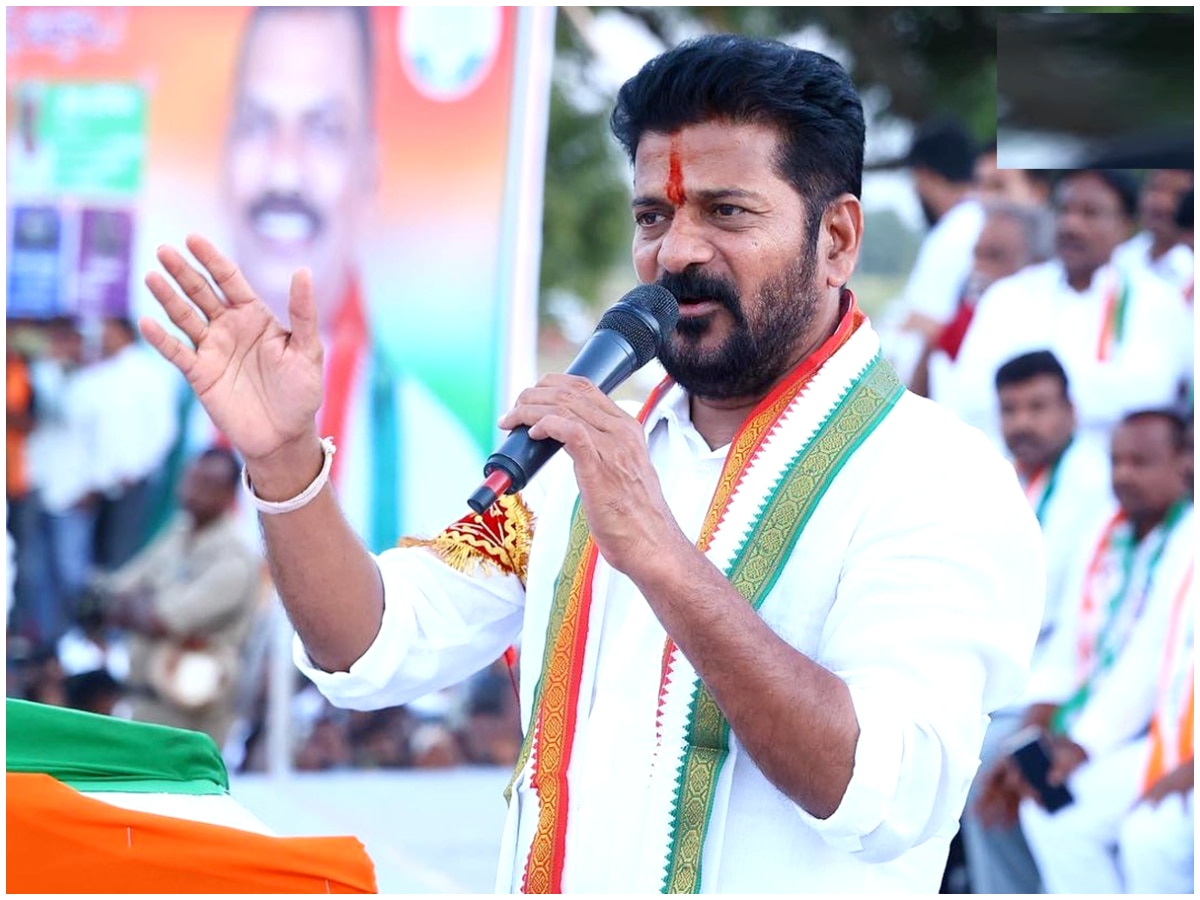
In a fiery speech, Telangana Chief Minister Revanth Reddy addressed the criticism from opposition leaders regarding the Rythu Bharosa scheme. He assured citizens that the government is committed to fulfilling all promises made and provided updates on the scheme's implementation. Reddy also highlighted the inclusivity of the process and denounced the previous government for misusing funds meant for farmers.

Congress leader Laxmi Hebbalkar, who is known for her feisty demeanor, has been embroiled in a recent controversy where she has accused BJP MLC C T Ravi of using derogatory terms against her. She has taken a stand for women's rights and filed a complaint of sexual harassment against Ravi, leading to his arrest. Hebbalkar, who is considered a close associate of Deputy Chief Minister D K Shivakumar, has managed to secure the support of the Congress leadership in her fight against injustices. However, her political career has not been without drama and controversies, including a falling out with the Jarkiholi brothers.
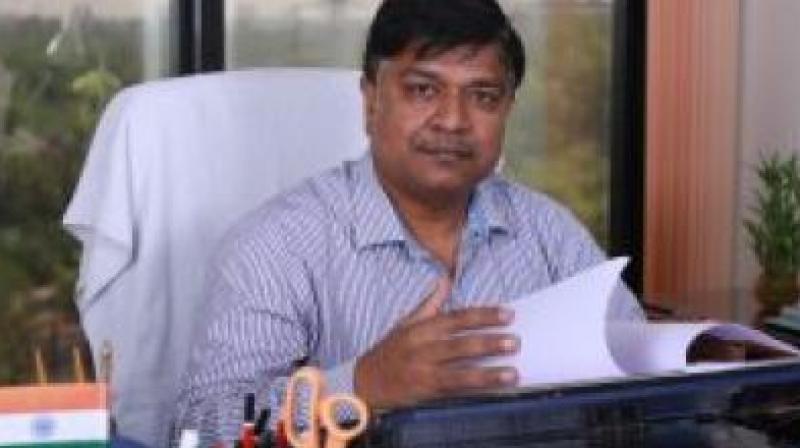
Delhi's ruling party, AAP, has announced a scholarship scheme for Dalit students hoping to pursue higher education abroad. With the upcoming assembly polls in mind, party chief Arvind Kejriwal presented this initiative at the party headquarters, with other party leaders in attendance. Meanwhile, the BJP gears up for the elections by shortlisting candidates and stating that the manifesto will be shaped based on the feedback received from the people of Delhi. Additionally, AAP's door-to-door campaign aims to register beneficiaries under two prominent welfare schemes.

The Lieutenant Governor of Delhi, V K Saxena, has given approval to the Enforcement Directorate (ED) to prosecute Arvind Kejriwal, the chief of the Aam Aadmi Party (AAP), in connection to a case involving irregularities in the excise policy of Delhi. The ED had sought permission from the Chief Secretary in December last year to prosecute Kejriwal and his former deputy Manish Sisodia. However, the AAP has denied any such sanction and accused the ED of mishandling the case and trying to politically malign the party. The investigation into the alleged liquor scam has been dragging on for two years, resulting in harassment and inconvenience for hundreds of people, without any evidence of corruption being found.